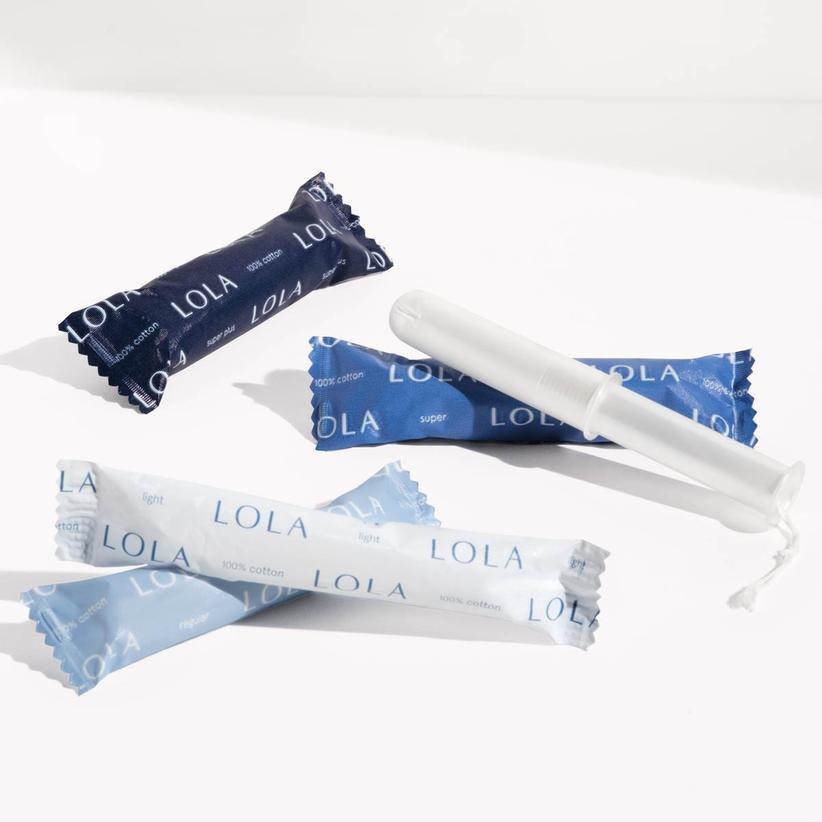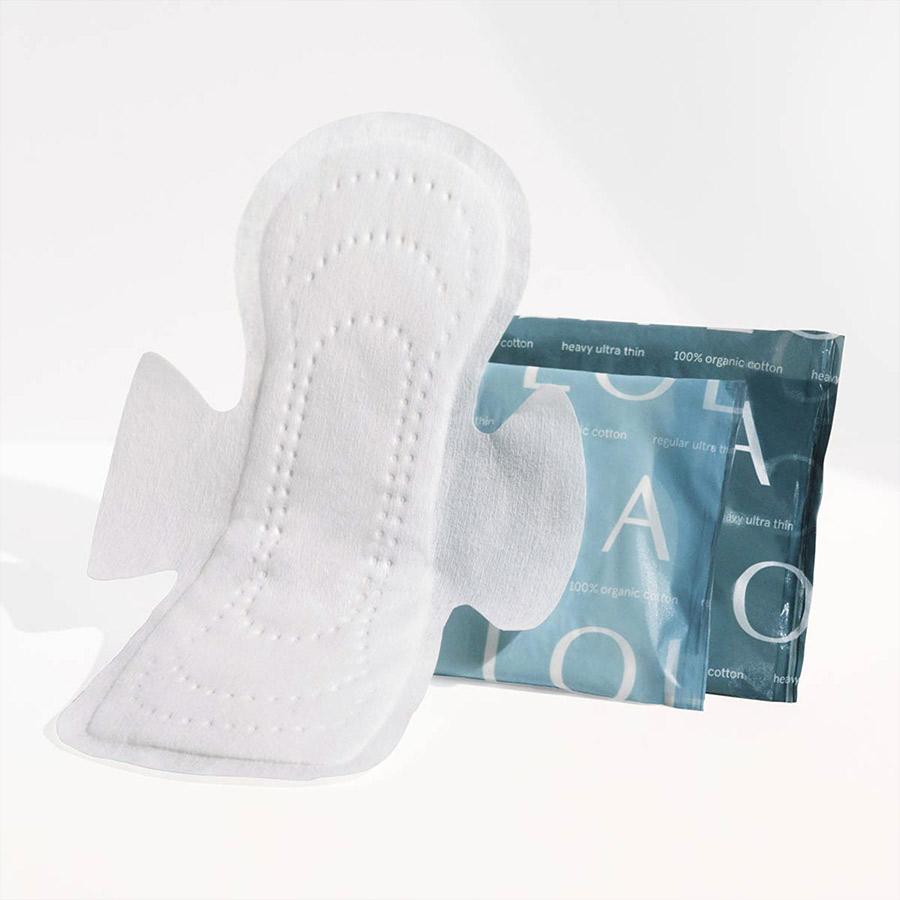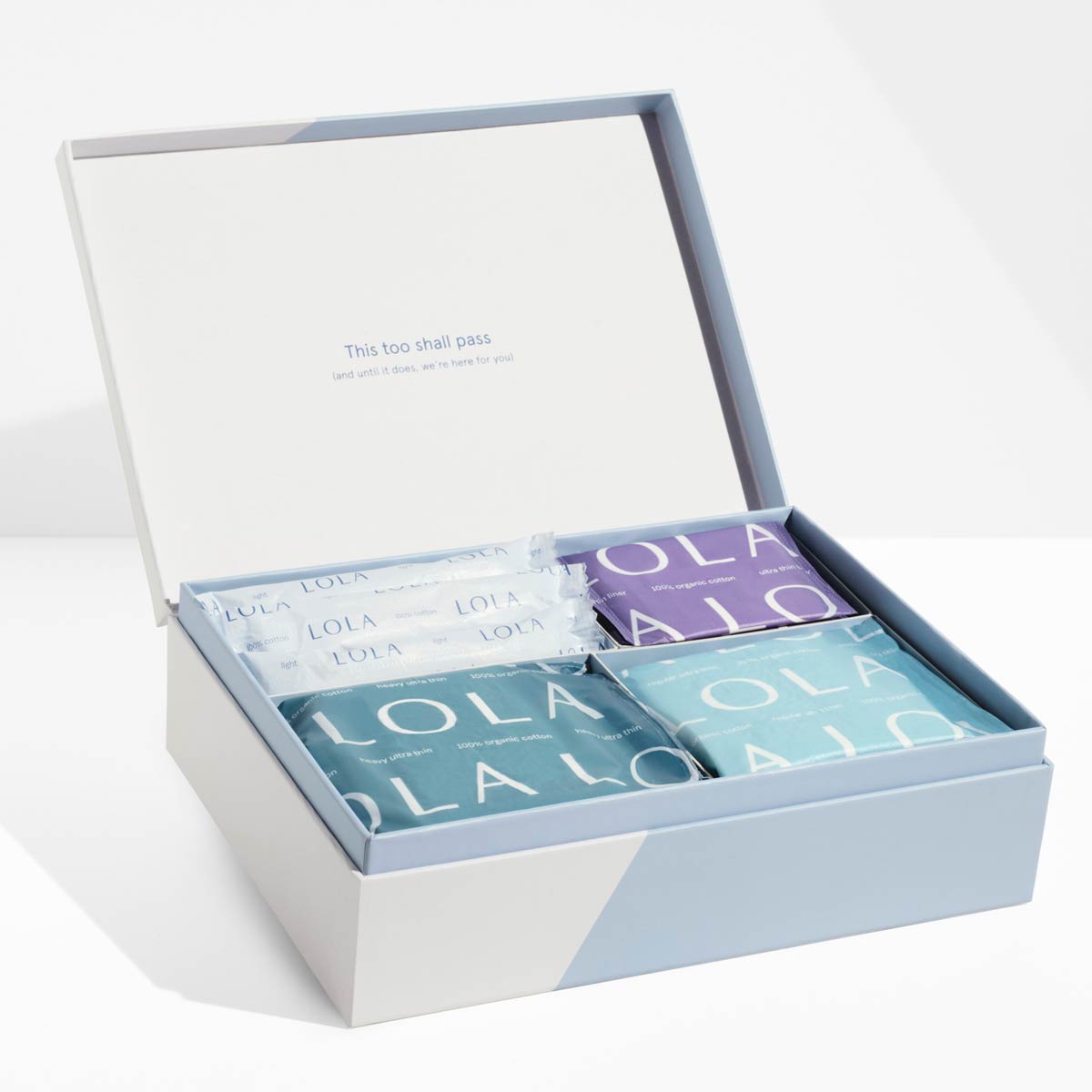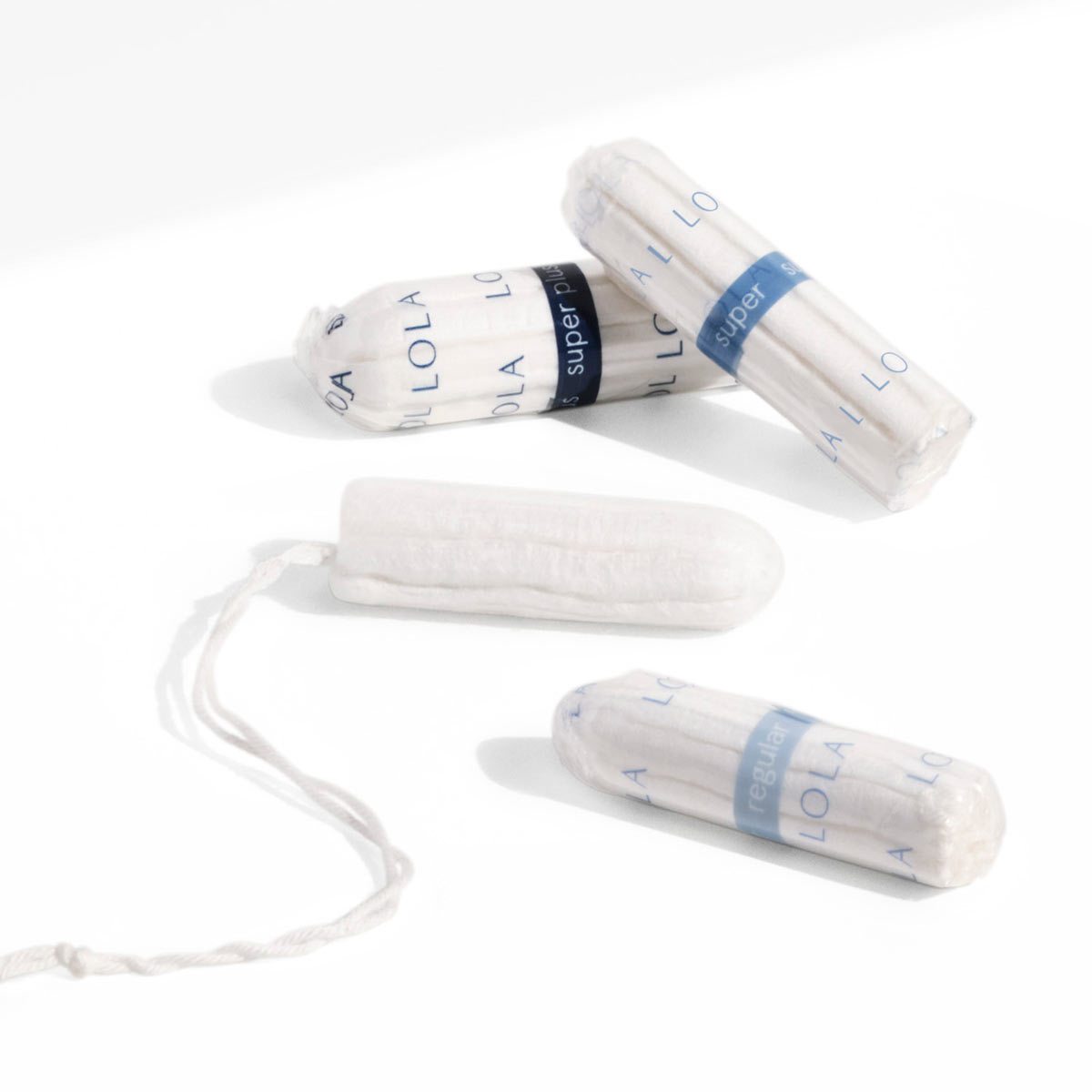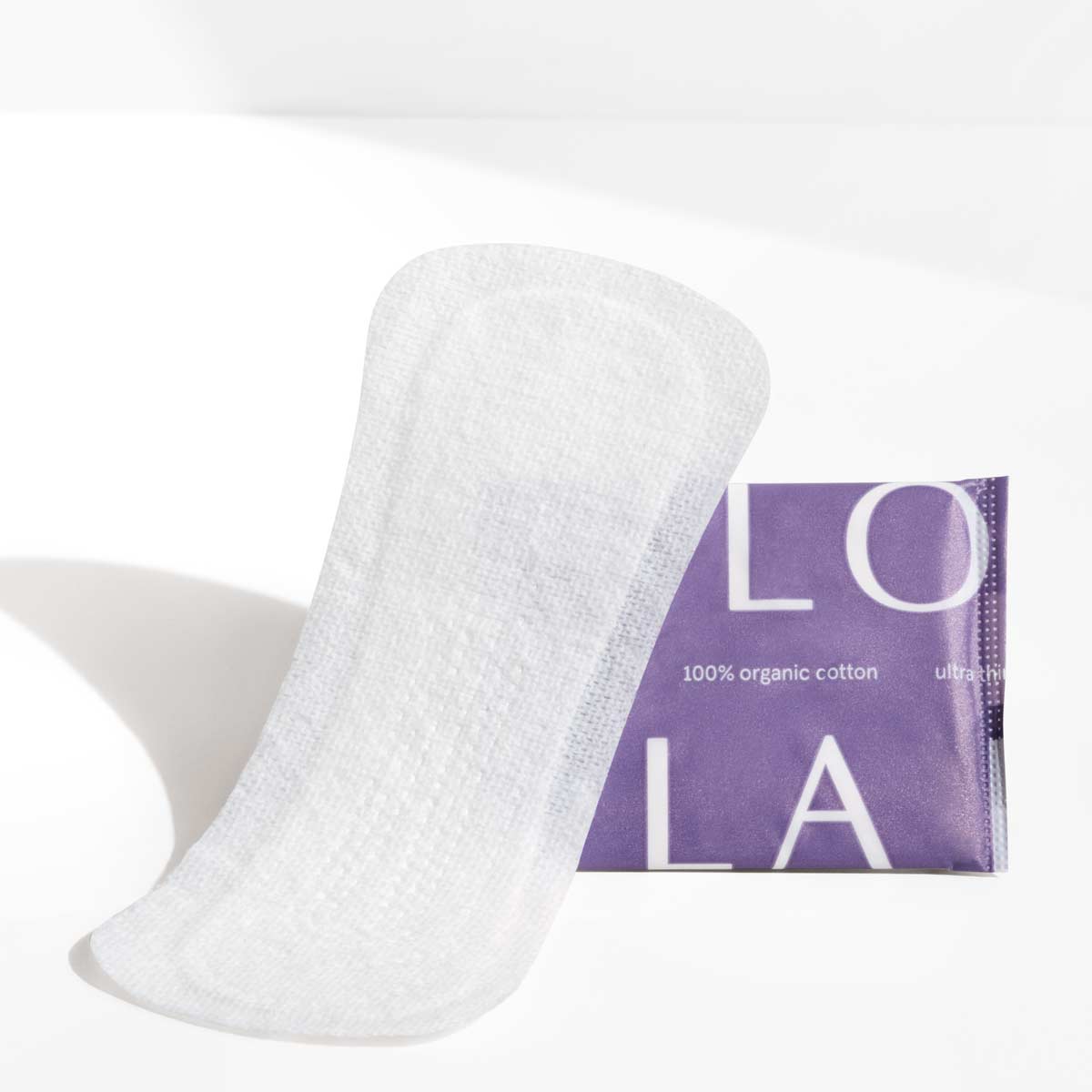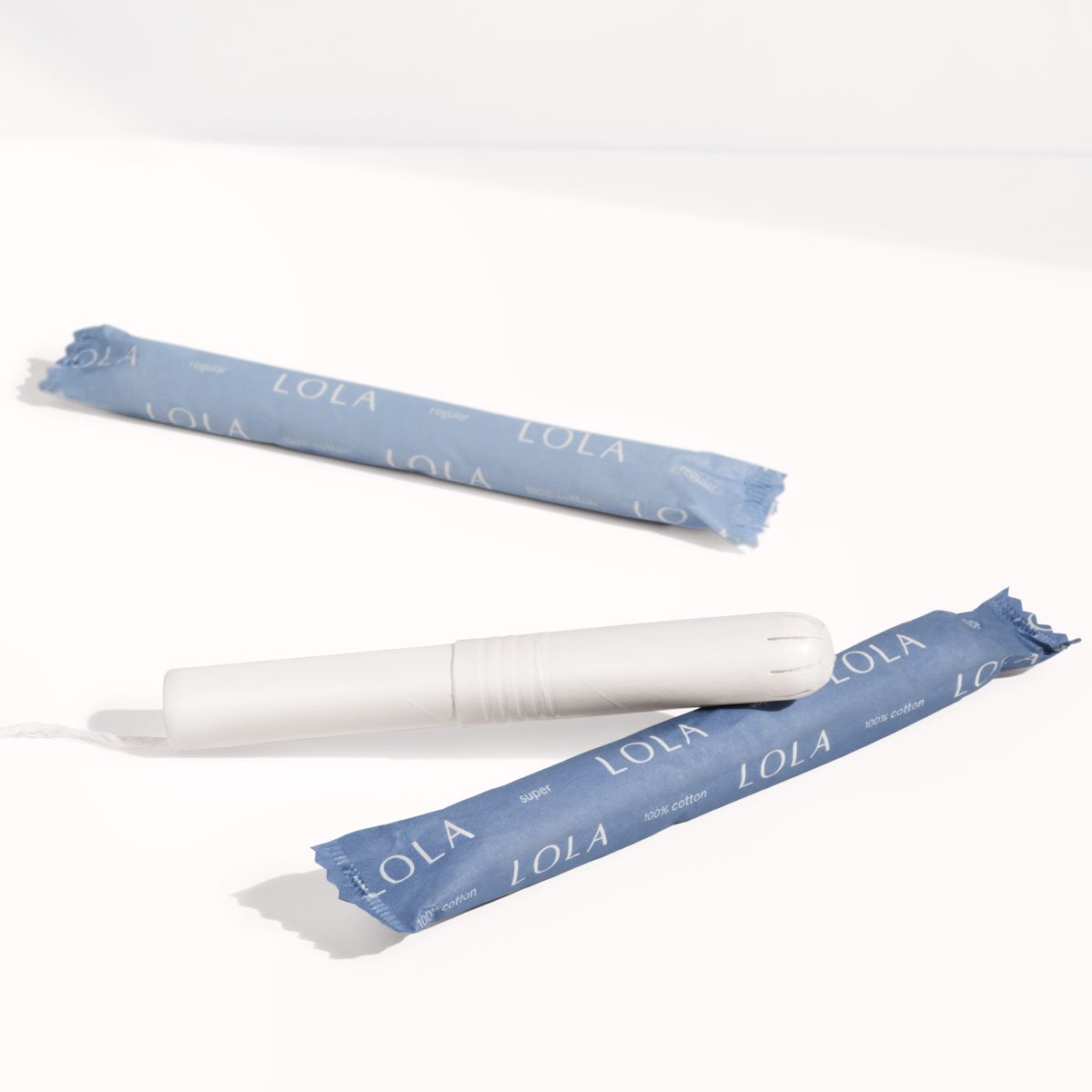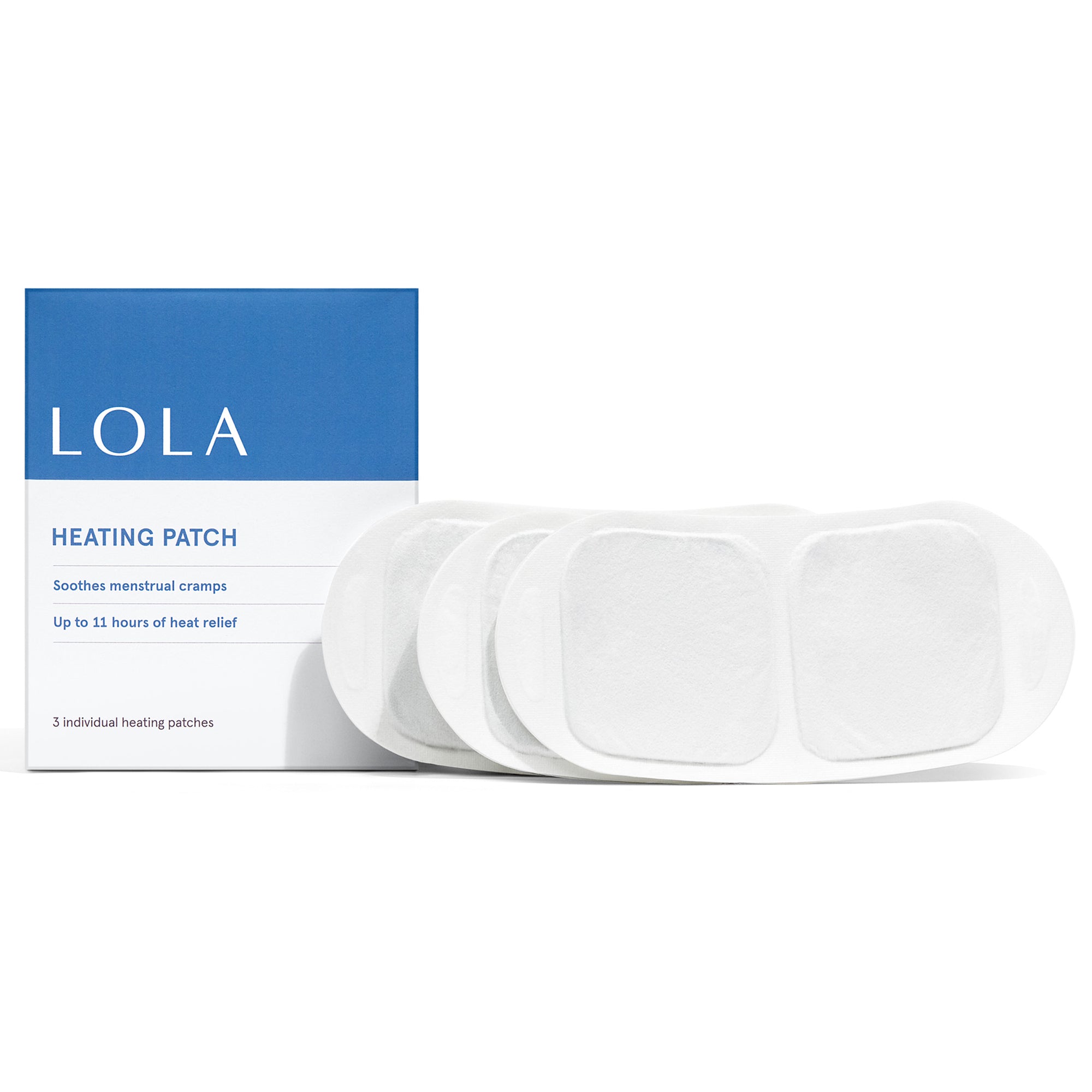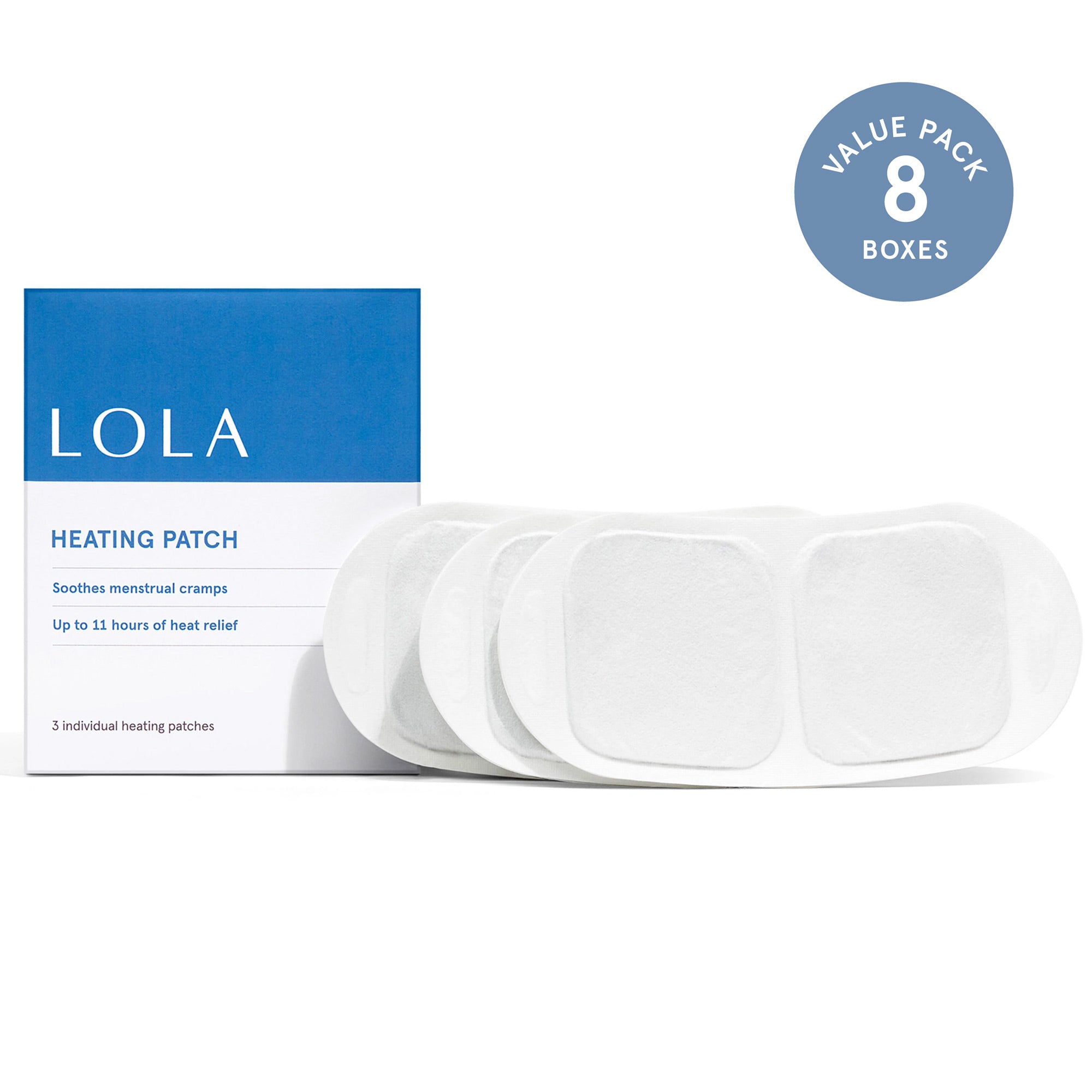Nearly a century ago, the average age that a girl started puberty was fourteen and a half. By 2010, that age had dropped to ten and a half and researchers see the age continuing to decrease by four or five months every decade. In a seven year study of 1,200 girls that was published in the medical journal Pediatrics in 2010, black girls started puberty at an average age of 8.8 years old; Hispanic girls at 9.3 years old; and white and Asian girls at 9.7 years old. Those are averages, meaning some girls started puberty at eleven or twelve, but others started even younger than 8 years old.
Early onset puberty doesn't just mean that third graders are wearing bras. Some studies have shown that girls who experience puberty sooner are also at higher risk for depression and eating disorders, as well as being more likely to engage in sexual activity earlier. There's also a possible link between early puberty and increased risk of breast cancer and heart disease.
However, while puberty is starting sooner, the age that menstruation starts has only sped up by a few months. So, girls are starting puberty earlier and staying in it longer. What exactly is going on?
The medical community now widely accepts that puberty is starting earlier, but the "why" has a been up for debate. Ultimately, doctors cite three factors as the biggest contributors to the early onset of puberty: a girl's body, a girl's home life, and a girl's environment.
When puberty begins early, it means that the body's normal maturing process has sped up. Although we might think of puberty beginning with periods, the first sign of puberty is typically breast budding. Often breast budding starts earlier in girls with a higher body mass index, the weight-to-height ratio that doctors and nutritionists use to determine obesity. The CDC cites that the "percentage of children with obesity in the United States has more than tripled since the 1970s. Today, about one in five school-aged children (ages 6"“19) has obesity." Alternately, according to the American Academy of Pediatrics, "puberty can start early because of an abnormality in the master gland (pituitary)." Body fat creates a surplus of estrogen in our body, and more estrogen means girls starting puberty earlier.
However, some doctors argue a high BMI doesn't account for enough of the difference in puberty rates, so there must be other factors. One might be stress. Researchers have found that stress can be a factor in everything from chronic headaches to heart disease, and starting puberty early is no different. High levels of stress in the home, including those that result from a family prone to arguing or violence, poverty, or sexual abuse, can actually change the way the neural endocrine system functions, basically changing the links from the brain to the body.
Family structure can also affect the age at which a girl begins her period. A girl who grows up without her biological father in the home is "twice as likely to get her period before age twelve (even when controlling for other factors)" according to The New Puberty: How to Navigate Early Development in Today's Girls by pediatric endocrinologist Louise Greenspan.
Another less-researched factor that may contribute to early puberty onset is an increase in exposure to environmental toxins. Endocrine disrupting chemicals or EDCs which are commonly found in plastics and pesticides can mimic the hormones in the body. From our food to our furniture, they are all around us, even in the water we drink or the water bottle we drink it out of. Ever see those labels on plastic containers that say BPA free? BPA, or bisphenol A, is a chemical that has been used since the 1960s. It's also one type of EDC that mimics the hormone estrogen. Some EDCs can also cause obesity, which puts us right back to reason number one. Unfortunately, EDCs are so much a part of our lives, it's almost impossible to eliminate them.
Many in the medical community, including Dr. Greenspan, advocate for reversing early onset puberty by tackling obesity, namely improving nutrition for kids with better school lunches and ensuring that gym is a part of every school's curriculum. The other two factors are trickier to fight, but communities with greater access to medical care, better environments, and more economic opportunities, would do even more than just change when a girl starts puberty.
Try our fabulous 100% cotton tampon subscription and 100% cotton pads. Check out our full line of organic cotton period products.
